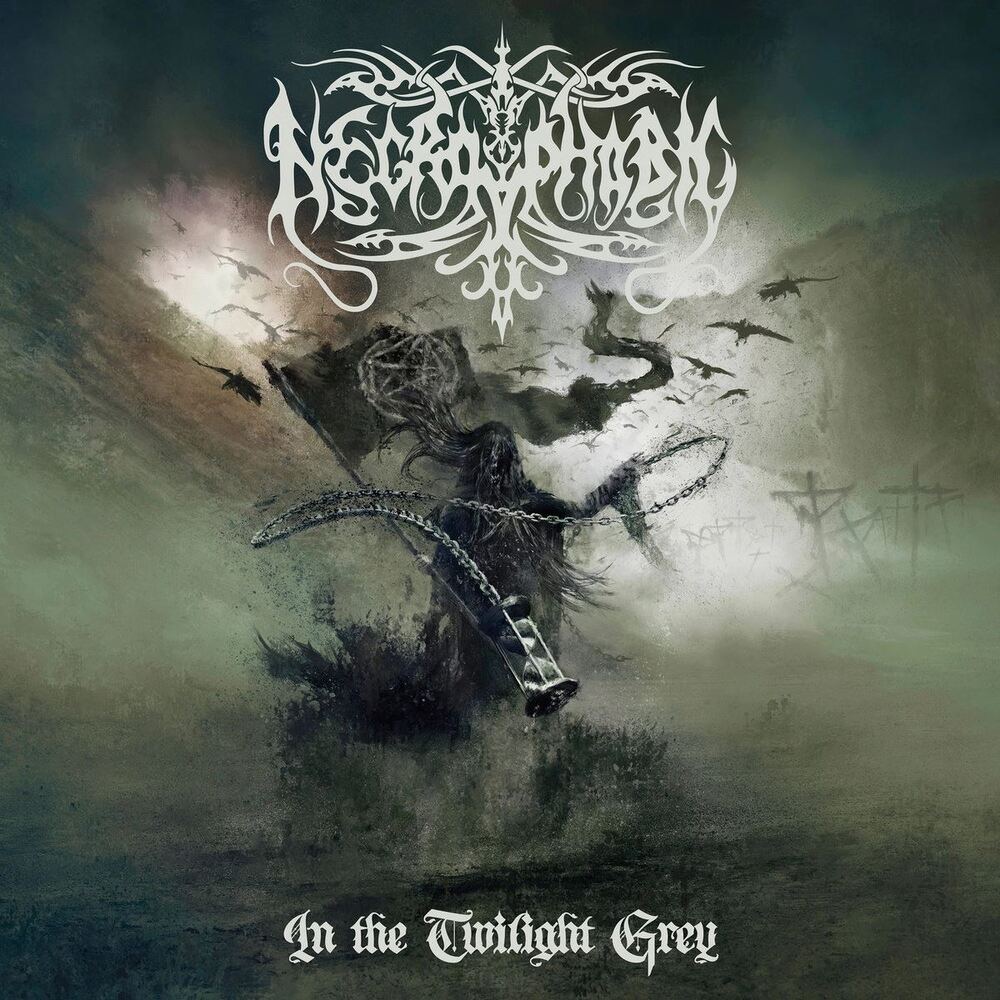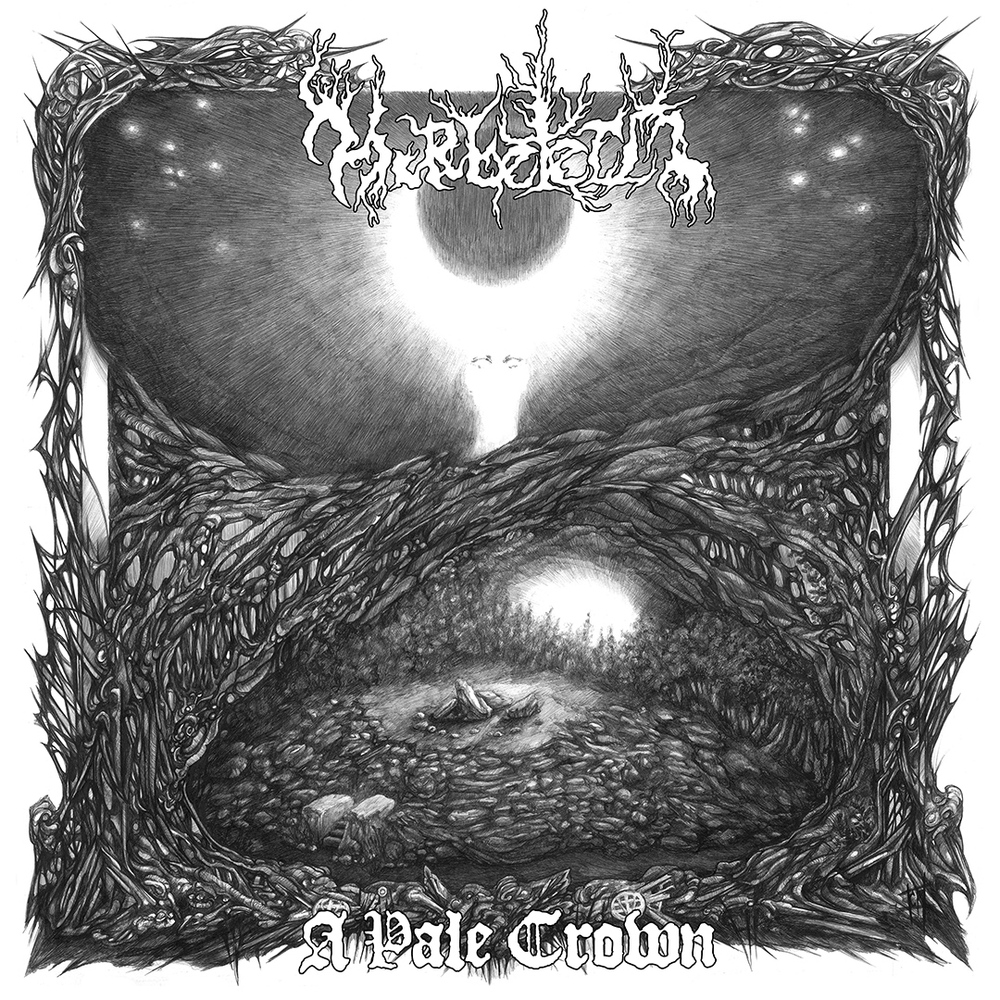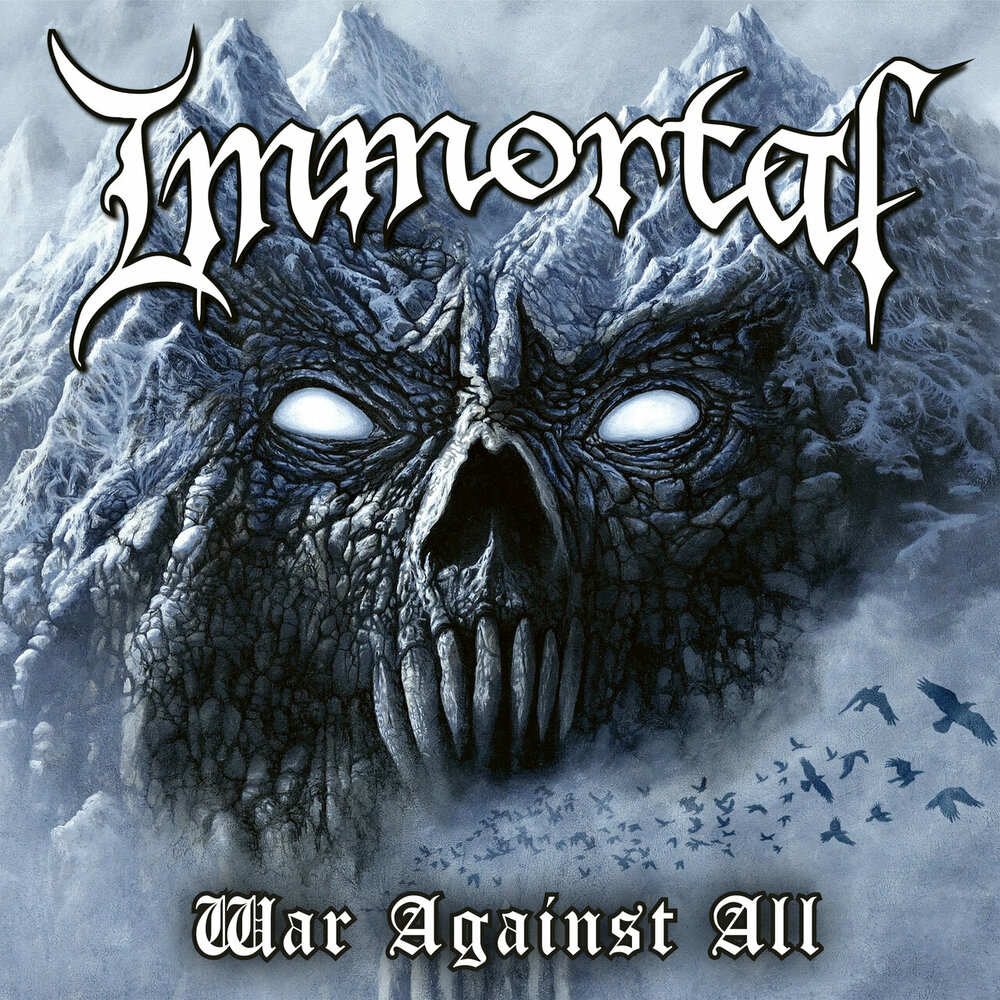 |
Country: UK
Style: Atmospheric Folk/Black Metal
Rating: 8/10
Release Date: 7 Feb 2025
Sites: Bandcamp | Facebook | Instagram | Metal Archives | Official Website | YouTube
This is the third Saor album that I've reviewed at Apocalypse Later, of the six that Andy Marshall has released thus far, and it's another subtle progression forward. It plays in a similar folk/black metal hybrid to Forgotten Paths and Origins, but continues the heavier approach of the latter. It also plays very well over almost an hour, with four tracks over ten minutes each and the short one still over eight, each of them benefitting from all that breathing space. What's new is a solid use of strings, a trio of violin, viola and cello on three tracks and another cello on a fourth.
Amidst the Ruins starts the album out as black metal. It's very melodic, especially once deliberate melodies are laid over the top, often using whistles or pipes, but still with that wall of sound and a vocal that's harsh but not unwelcoming. Gradually, though, folk elements make themselves more and more obvious, until a flute solo midway shifts all the way into cinematic soundtrack territory. That's only emphasised by the strings during the second half, this being the first of the three with violin, viola and cello, and the three fit together stylistically without being identical.
They continue into Echoes of the Ancient Land, which gets to its flute solo a lot sooner but works in much the same way. What it adds to the mix is a clean voice for Marshall which works well indeed, especially backed by that of Ella Zlotos, whose guest presence as both clean female vocalist and a variety of whistles and pipes, is very noticeable and welcome. It does ramp up to the black metal tempo at points, but it's mostly slower and more moody. And, for a while, Rebirth, closing out the album, is more of the same, following a similar approach to Amidst the Ruins.
However, it shifts more and more from black to folk and in a way that's not typical for Saor. These folk elements are all over the band's sound, so closely entwined with the black metal that it isn't removable. It's not a layer, it's a crucial half of their essence. However, I tend to hear it as setting, whether it feels cinematic or not. These folk elements put me into a place, like I'm outside in the bleak wild spaces of Scotland and the music is happening around me, but I'm only imagining that place rather than anything happening within it. It's a belonging feel.
The more Rebirth grows, the more it turns into a different sort of folk music, the sort that makes us want to move and dance. I don't feel alone in the elements any more because there's a piper leading me somewhere. This is hinted at from a couple of minutes in but it escalates at the eight and a half minute mark. My least favourite part to this song is a very prominent drum that grabs my attention away from the rest of the music every time through but maybe that's deliberate, to steal our focus and pass it on to that piper.
That leaves two other songs that sit in between Echoes of the Ancient Land and Rebirth and they are even more interesting in different ways.
Glen of Sorrow is the one that really works for me. The earlier songs are strong but this one stood out for me on a first listen and it's only elevated on repeats. Rather than launch in hard with black metal, it takes its time, starting out with slow, majestically echoing chords then adding an electric guitar. When it ramps up, there's a tasty layering of harsh and clean vocals. Midway, Zlotos starts to chant gloriously and it complements the music behind her. This is a different take on Saor, kind of like Dead Can Dance as folk/black metal, and it renders the sound a sticky one that won't leave my brain. It was still playing in my head during the next track.
And that's The Sylvan Embrace, which works too but I'm not as fond of it. It's a much calmer piece but with some ominous texture behind it. It's slower, largely acoustic and the vocals are generally delivered in whispers, as if recounting an ancient secret. Ironically, the strings are more obvious here where they're the work of Jo Quail's solo cello than on the near forty minutes of tracks that feature the trio of violin, viola and cello. It's an integral component that's impossible to ignore. It's a good track, but it's inherently a step or three down in intensity from everything else.
I almost went with a 7/10 again, even though this is surely my favourite of the three albums, but I eventually bumped it up to an 8/10. Saor are a better band than 7/10 suggests, even though that's still a solid rating in my system, enjoyable albums I have no hesitation in recommending. I merely can't seem to persuade myself to round up instead of down. Here, I think I need to round up. This has been on repeat for a couple of days now and I'm still enjoying it as much as ever, with three of five tracks marked down as highlights. I'm still waiting for that 9/10 album though. It's surely only a matter of time.

















